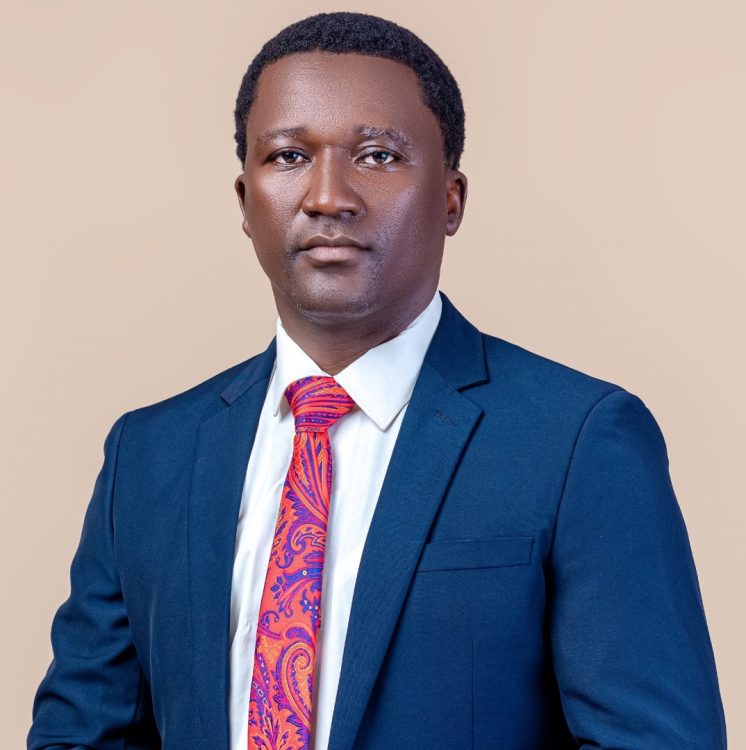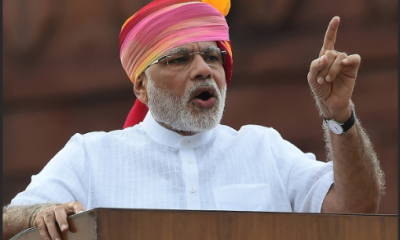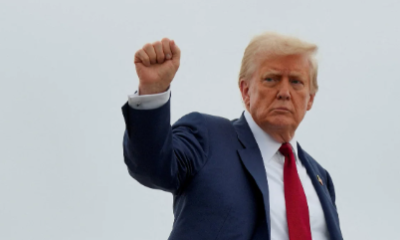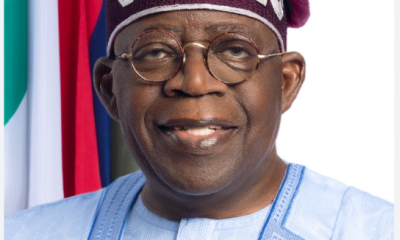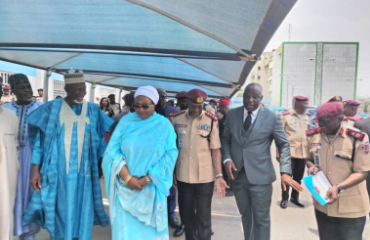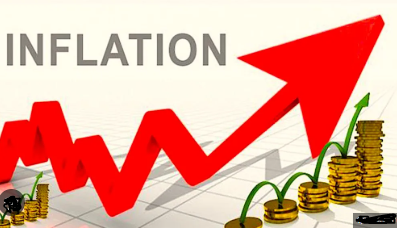Dr Afolabi Olowookere, Chief Economist, Analysts Data Services and Resources (ADSR), has outlined key policy actions aimed at improving Nigeria’s economic performance in 2023.
Olowookere, also ADSR Managing Director, said this in the company’s Analysts Monthly Review released on Friday in Lagos.
He said the Federal Government must initiate policies to address currency depreciation, high inflation, high interest rates, skilled labour shortage, expansionary budget, risk of high debts and capital expenditure leakage to fund elections.
He said the outlined actions were to mitigate against the 2023 outlook projected to be characterised by fuel subsidy removal, global uncertainties, increased revenue and taxation drive, election impact and weak growth.
Olowookere said macroeconomic policies for 2023 should focus on making fiscal spending more efficient to effectively address rising inflation and committing to implementing investment-friendly environment.
He stated the need to harmonise foreign exchange rates for certainty, make businesses more competitive to generate foreign exchange and align monetary policy to macroeconomic objectives with minimal political interference.
“Also, annual budgets must align with National Development Plans to avoid falling into debt trap and its consequences.
“Trade and industrial policies must be more effective and Nigeria must ensure better coordination between monetary and fiscal policies,” he said.
The Chief economist highlighted the need for the country to be more innovative in financing and operating public infrastructure to engender better public capital and citizens’ welfare.
He also stressed the need to improve education financing and align curriculum to the country’s and businesses’ needs.
“Nigeria must maximise the benefit of the global sustainable finance to attract capital into key sectors and create jobs and reforms to reduce current high poverty and unemployment rate.
“The country must also envisage and effectively management issues around subsidy and its removal,” he said.
Olowookere said public policies must focus on effectively managing post-election reactions and on reforms to restructure from resource sharing to generation.
He also emphasised the need to build trust among the citizens, reduce cost of governance and address high population growth rate.

 Entertainment5 days ago
Entertainment5 days ago
 Health1 week ago
Health1 week ago
 Health4 days ago
Health4 days ago
 Football1 week ago
Football1 week ago
 Football1 week ago
Football1 week ago
 Crime4 days ago
Crime4 days ago
 Education6 days ago
Education6 days ago
 Crime1 week ago
Crime1 week ago
